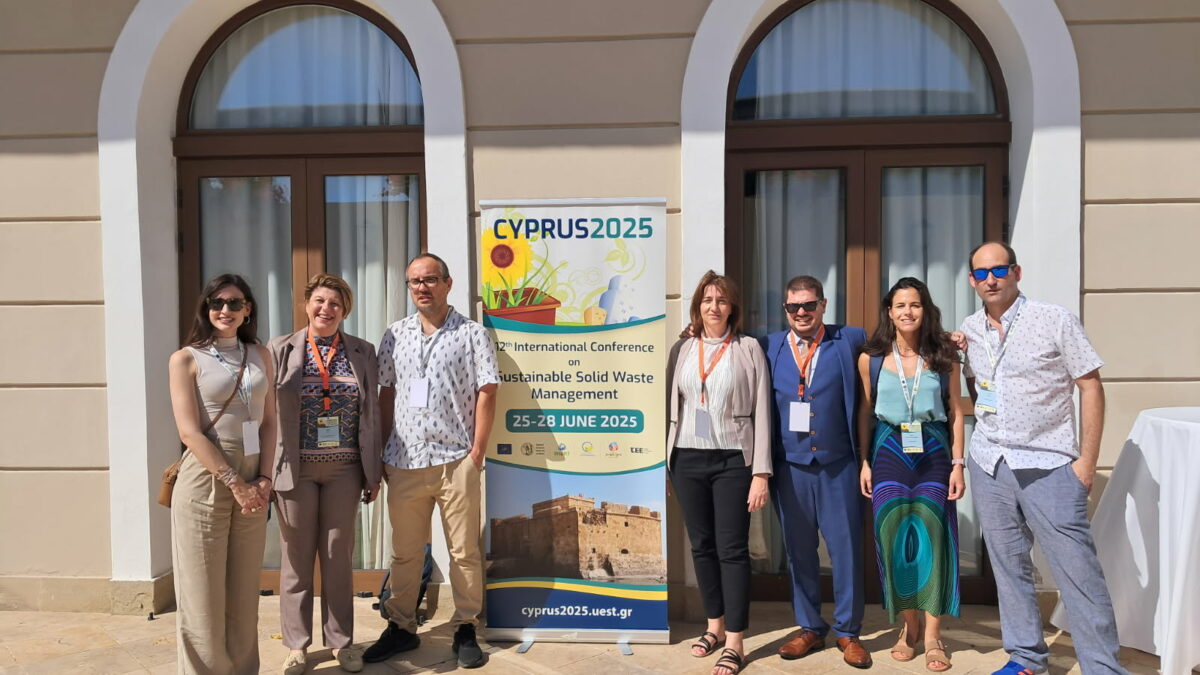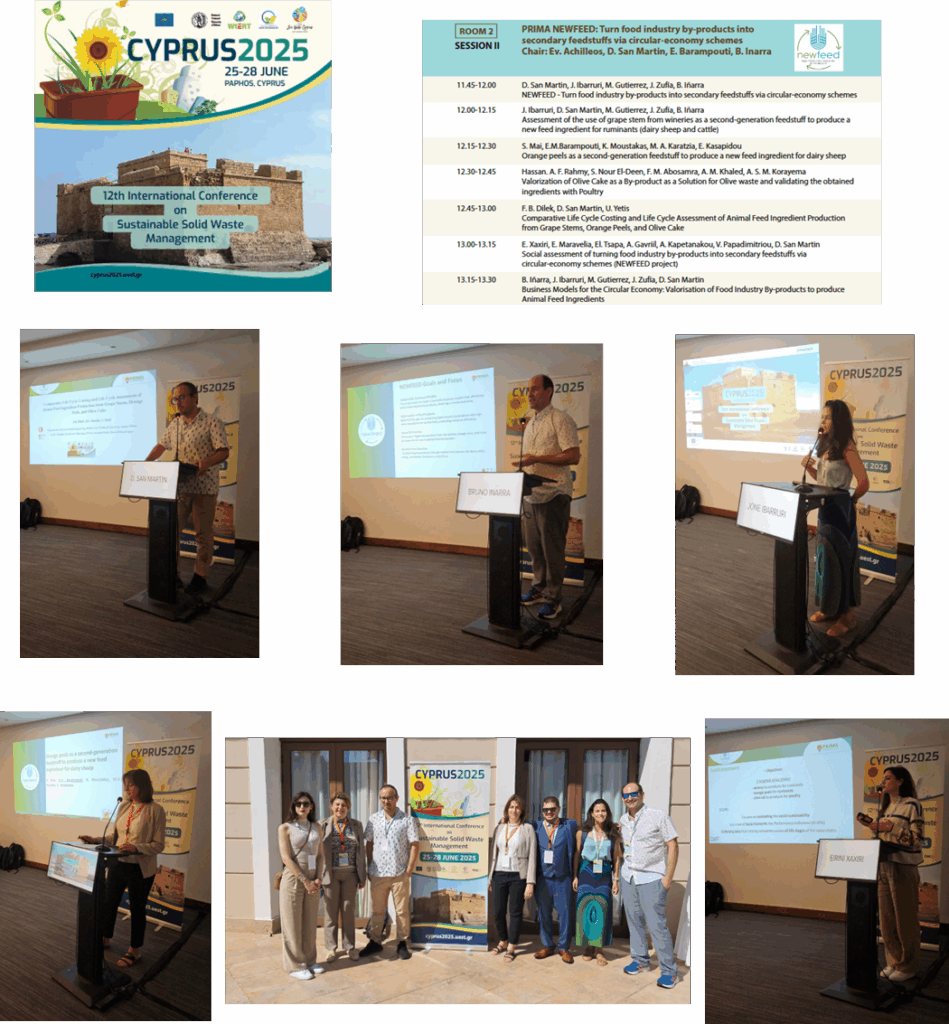
About the event
From June 25 to 28, the historic city of Paphos, Cyprus, hosted a prominent International Conference dedicated to advancing Sustainable Solid Waste Management. This major event brought together a diverse group of participants—including leading scientists, policy-makers, industry experts, and municipal representatives—creating a dynamic platform for the exchange of cutting-edge ideas, innovative solutions, and best practices aimed at improving waste treatment and promoting circular economy principles.
Throughout the Conference, significant emphasis was placed on the development and implementation of modern, safe, and highly effective technologies. Key solutions such as anaerobic digestion, waste-to-energy systems, and smart waste management tools were showcased, offering promising pathways to enhance waste processing efficiency and environmental sustainability.
Attendees had the opportunity to engage in detailed discussions on a broad range of topics, including source separation techniques, biological and centralized treatment processes, recycling methods, energy recovery, and innovative approaches to biowaste utilization.
A notable highlight of the event was its focus on the valorization of waste materials. In-depth sessions explored the creation of added–value products derived from waste—such as compost, biofuels, methanol, and bioplastics. Additionally, the Conference broadened its scope to address emerging and complementary topics such as hydrogen production, solar technologies, and environmental diplomacy.
These discussions underscored a forward-looking commitment to sustainability and circularity—not only within waste management but across the wider energy sector as well.
Turning food industry by-products into benefits: NEWFEED Highlights Final Results
In line with the Conference’s focus on innovation and sustainability, the Partners of NEWFEED Project were also present to share and disseminate the outcomes of their work.
They presented the three case studies, highlighting the key results and methodologies applied throughout the Project’s implementation. These presentations provided valuable insights into how agri-food by-products—such as olive cake, grape stems, and orange peels—can be effectively transformed into high-value animal feed using circular and sustainable approaches.
By showcasing practical examples and evidence-based results, the Partners not only demonstrated the real-world impact of their research but also significantly increased the Project’s visibility and influence within the broader context of sustainable food systems and circular economy initiatives.
This active participation reinforced NEWFEED’s contribution to advancing innovation in agri-food waste valorization and supporting the transition to more sustainable practices across Europe.



